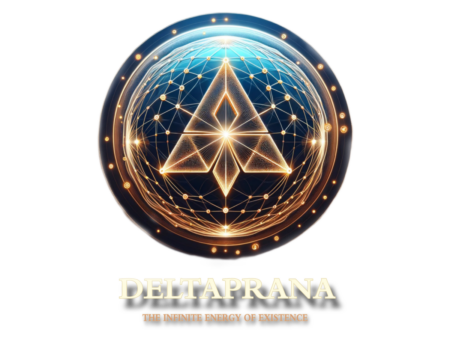The UK High Court ruled this week that NFTs are considered property, so victims of NFT theft can now freeze their stolen assets through a court injunction.
The decision comes months after multiple thefts of NFTs, as savvy hackers exploited vulnerabilities and poor security knowledge to gain access to high-profile NFTs. Just earlier this week, perhaps the most famous NFT project, Bored Ape Yacht Club, suffered a massive hack that resulted in the theft of an estimated $3 million in NFT assets. So far, victims of theft have not had much recourse due to unregulated and decentralized markets.
That may now change, at least in the UK, thanks to the Lavinia Deborah Osbourne v (1) Persons Unknown (2) Ozone Networks Inc Trading as Opensea case filed in March this year. Osbourne, founder of Women in Blockchain Talks, had two NFTs stolen from the Boss Beauties collection, a series of 10,000 NFTs depicting illustrated, diverse, successful working women.
The High Court ruling, to be published in writing next week, will allow victims to obtain court injunctions against individuals whose passwords have been identified as carrying stolen NFTs and NFT platforms whose stolen assets were sold.
Barrister Kate Gee, who was briefed by other lawyers, told reporters an injunction could be served within hours if there was evidence.
“You have a duty to fully disclose, you have to present the pros and cons of your case to the court, but when the court does an audit, that’s when you issue an injunction. So what you need is a really good team or experts who can trace the assets in Mobile location on the blockchain.”
The ruling is likely to draw criticism in the NFT space, which actually has a different view of how stolen assets are to prove your own. Some cryptocurrency thought leaders adhere to the “code is law” ideology, insisting that ownership belongs to anyone who can prove they hold the assets, and that neither the governing body nor the NFT platform should interfere in ownership disputes.
“Once you start looking at the laws they just made in the UK, it’s kind of against the spirit of decentralization, just not technically decentralized,” said Lauren Dorman, a software developer involved.”
“People in the space have mixed feelings about these developments [in the law]. Some people feel it’s your own responsibility to learn how to protect your assets, and then the other side is like, ‘Wow, if we want this pair to get into the NFT space Or newcomer-friendly in the Web3 space, it would be great to have proper safeguards in place.’”
However, as Dorman points out, the decentralized nature of blockchain could make the UK ruling difficult, if not impossible, to enforce.
“The only way you can enforce this ban on a thief is if you know their true identity. You can freeze assets on the platform, but you can’t prevent private sales or transfers.”
Given that the hackers involved in the theft are inherently tech-savvy, they can hypothetically circumvent these bans. But the ban at least gives victims a chance, especially if they act quickly.






